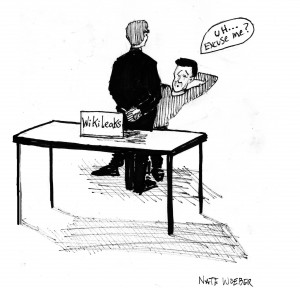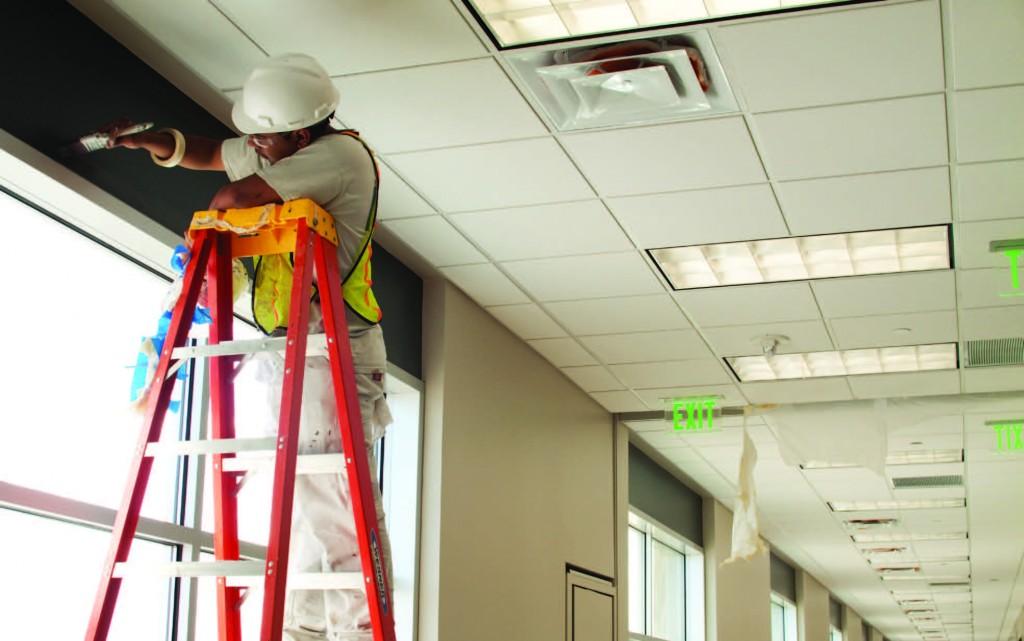
Since its inception in 2007, the watchdog website WikiLeaks has published millions of documents, videos, e-mails and other articles that have been classified or censored, both in the United States and abroad.
During its most recent leak in which hundreds of pages of diplomats’ personal memos were published, the White House was quick to condemn the leaks, even calling them a national security risk.
The non-profit organization now finds itself under fire. Some governments have even put WikiLeaks founder Julian Assange on national wanted lists.
However, they are ignoring the importance of government whistle-blowers or watchdogs.
Perhaps the most famous whistle-blower of our time was Mark Felt, or “Deep Throat” as he was known until 2005.
The longtime FBI official revealed countless bits of information to reporter Bob Woodward, sometimes meeting secretly in a parking garage, regarding the 1972 Watergate investigation, eventually leading to then-President Richard Nixon’s resignation.
The reports published by Woodward and fellow Washington Post reporter Carl Bernstein ultimately revealed cover-up attempts by the White House, FBI, CIA and even the Justice Department.
In 1971, military analyst Daniel Ellsberg photocopied and leaked the Pentagon Papers, a top-secret Pentagon study regarding the decision-making going into the Vietnam War.
This leak uncovered various lies from former President Lyndon Johnson’s administration to both Congress and the public about Vietnam, including the belief that the war would likely not be won and that casualty estimates were much higher than ever admitted.
Just as WikiLeaks has done, these whistle-blowers revealed information the public might have never become aware of otherwise.
While the website is not a media outlet itself, it should certainly be considered a legitimate source of information, much of which cannot be found elsewhere. Too often, we have been kept in the dark about government issues, and the national security reason for it has often been flimsy.
While these leaks could potentially harm future intelligence-gathering efforts of diplomats, that should be a government concern, not ours.
WikiLeaks is now the 21st century version of Deep Throat, and the Internet is now our parking garage.
As members of the Fourth Estate, it’s our duty to report on the news and what is happening around us. Whether it’s good or bad news is irrelevant.
WikiLeaks and other government watchdog groups can only increase the amount of government transparency, both now and in the future.






















